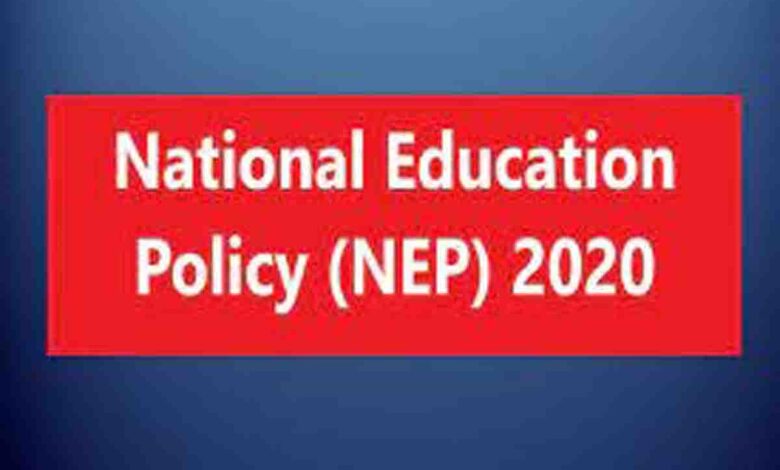Indian knowledge system and management education- the big picture

Tuesday, 25 July 2023
GUEST COLUMN
 Sandeep Singh
Sandeep Singh
The third anniversary of the National Education Policy 2020 (NEP) celebrates a significant milestone in Indian education. The inclusion of the Indian Knowledge System (IKS) in the NEP 2020 is a crucial step towards reclaiming and preserving India’s rich intellectual heritage. In the field of management education, the IKS manifests as the “Indian Way of Management” (IWM).Before the NEP 2020, certain institutions such as the Indian Institutes of Management (IIMs) Ahmedabad, Bangalore, Calcutta, Banasthali Vidyapith and management associations such as Ahmedabad Management Association had initiated pioneering work on the IWM. However, the subject remained individual-driven, lacking institutional support. The inclusion of IKS in the NEP 2020 has the potential to transform the IWM into an institution-driven discipline, which is a much-needed boost. To ensure the success of the IWM, two crucial aspects need attention- the subject itself and its content.
One of the main challenges facing IWM is the presence of turncoat champions, who claim expertise in IKS without truly understanding or respecting its principles. Their superficial engagement with the subject will eventually be overshadowed by genuine scholars and practitioners. Another challenge is the limited ability of some faculties to read and understand Sanskrit, which is crucial for comprehending the scriptures that underpin IKS. The mistranslation and misinterpretation of Sanskrit terms can lead to distorted knowledge and a loss of essence. Similarly, there are Sanskrit words like Dharma which have no English equivalence. Religion is not Dharma. It will be disaster if someone teaches Indian scripture thinking religion is same as Dharma.Let me cite an example of its impact on business. The weighing scale in Hindi/Sanskrit is called‘Dharmkanta’.It cannot be translated in English as ‘religion scale’. Weighing scale is called Dharmkanta because for a shopkeeper, sales is his dharma and he cannot cheat people.
To address these challenges, it is essential to appoint Sanskrit faculties in management institutes who can assist and guide faculties and students in understanding the scriptures. This collaboration will break silos, promote synergy and facilitate the development of quality course content. Moreover, incorporating IWM into the National Institutional Ranking Framework (NIRF) for management institutes can serve as an incentive for institutions to offer courses on IWM and IKS. This recognition will encourage directors and area chairs to be more open to embracing IWM as part of their curriculum.
In terms of content, it is necessary to go beyond scriptures and explore other aspects of IWM. India has a rich history of business and entrepreneurship, which can provide valuable lessons for management education. Studying Indian business legends and executives from public sector units, along with Indian companies and their global impact, can offer insights into navigating volatility, uncertainty, complexity and ambiguity (VUCA). Learning from Indian managers who have excelled in challenging environments and understanding the historical context of Indian business practices can be particularly enlightening.
To move forward, it is important to offer common courses on IWM as electives across management institutes. These courses should be designed to cater to the students’ desire for an Indian perspective in management education. By adopting a seeker-facilitator approach, where students are viewed as seekers of knowledge and faculties as facilitators, the demand for IWM courses can grow, leading to the conversion of electives into core courses.
Encouragingly, some newer IIMs, such as IIM Shillong, IIM Sambalpur and IIM Nagpur, have already started offering courses on IWM. These initiatives, if nurtured and supported, can contribute to the growth of IWM and its integration into mainstream management education. As India strives to maintain its position as an economic superpower, it must recognize and leverage its own knowledge and talent base in management.
In conclusion, the inclusion of IKS in the NEP presents an opportunity to reshape management education in India. By addressing challenges such as turncoat champions, improving Sanskrit proficiency, and promoting IWM through NIRF rankings, we can create a vibrant ecosystem for IWM. Moreover, expanding the content of IWM beyond scriptures and embracing the rich history of Indian business will enrich management education and empower future managers with a unique perspective. It is time to come together and paint a vibrant rainbow of the Indian Way of Management.
(The author is interim chairperson of IIM Kashipur board of governors. Views expressed are personal)






